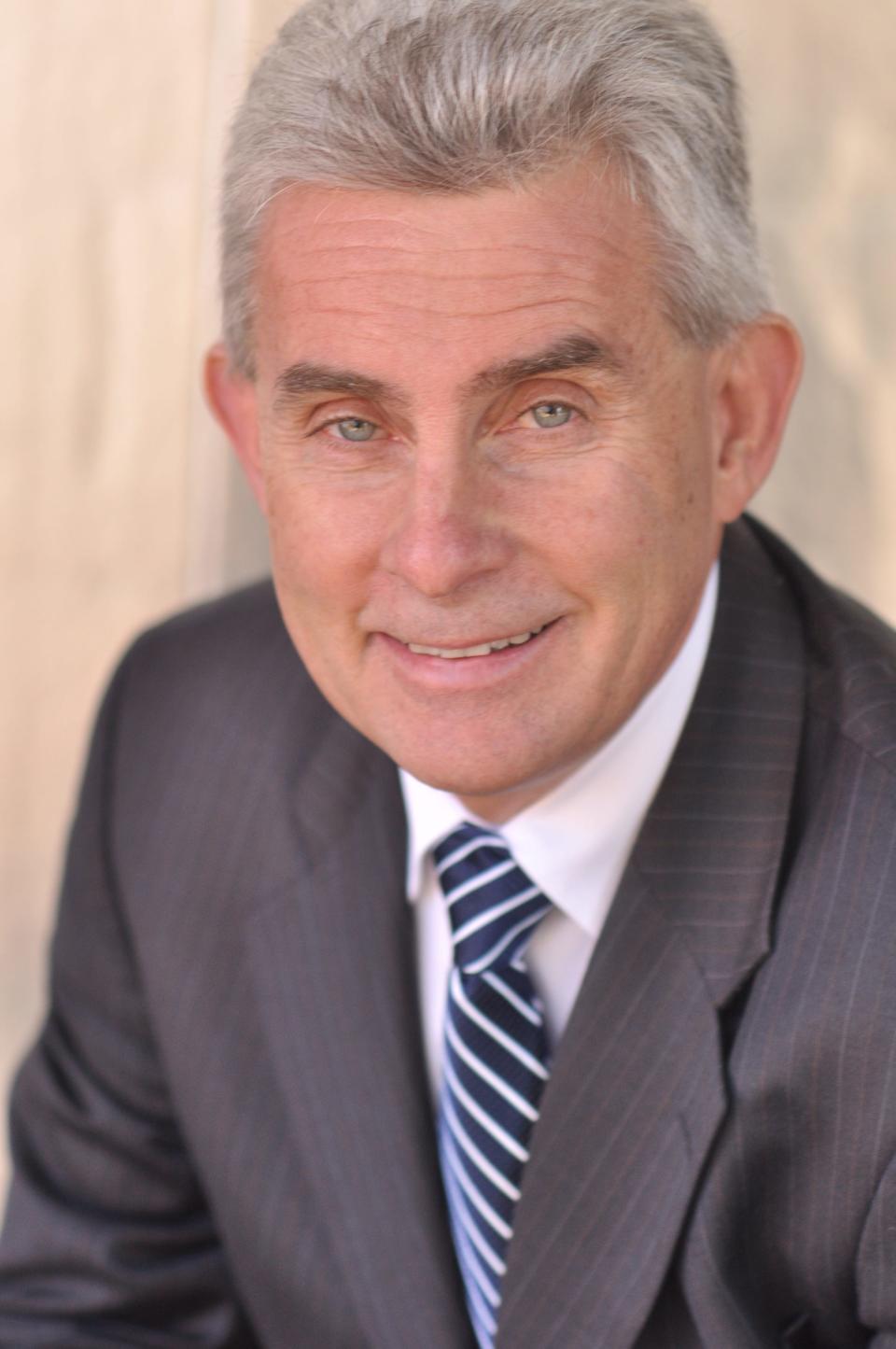IRS has taken a negative view of micro-captive insurance, ensnaring small business owners.

- Oops!Something went wrong.Please try again later.
Native American tribes and small businesses alike are counting on Congress to step in.
In September of this year, the Senate Finance Committee held a hearing to consider Marjorie Rollinson's nomination for the position of IRS chief counsel.
During this hearing, several committee members repeatedly emphasized their concerns about the enforcement practices and tactics of the IRS and how the agency enforces our nation’s tax laws.
I was very happy to see this, as IRS enforcement is an issue near and dear to my heart.
I was especially pleased that Senate Finance Committee Ranking Member Mike Crapo submitted a question to Rollinson addressing IRS enforcement issues in detail, specifically regarding the agency’s treatment of micro-captive insurance companies.
Micro-captive insurance, sometimes known as an 831(b) captive or small captive, is a form of self-insurance that allows companies to set aside up to $2.65 million annually to protect themselves from future risks.
The types of policies available through a micro-captive are nearly unlimited and often include coverage for risks not insurable through commercial markets. They are a very useful and effective tool for small businesses and offer greater flexibility and control than traditional policies.
I believe Congress showed great foresight in 1986 when it created section 831(b) of the tax code, and again when it was expanded and improved in 2015. For decades, this section of the tax code has been a lifeline for small business owners across the country.
Unfortunately, the IRS has taken a negative view of micro-captive insurance, ensnaring thousands of hard-working small business owners in an audit dragnet over the last several years. Many of these business owners are in legal limbo as the IRS investigates them for years and refuses to bring the case to Tax Court.
As a member of the Modoc Nation’s regulatory structure, located in northeast Oklahoma, I’m proud to say that our tribal chief, Chief Robert Burkybile III, publicly spoke out about this issue in March of this year. The Modoc Nation is a sovereign, federally recognized Native American tribe and enjoys the right to domicile business operations within its territory. The tribe houses a number of insurance companies, including micro-captives. The housing and oversight of these insurance companies and micro-captives provide vital revenue for tribal members.
As Chief Burkybile noted in March, the fees these companies pay are tremendously helpful to the tribe. They allow us to offer expanded social services to members, such as child care assistance, scholarships for higher education, quality housing and more.
In the months since he spoke out about this issue, the IRS has not reconsidered any part of its overreaching campaign against micro-captives. In fact, just a few months later the agency ramped up its efforts and proposed crushing new regulations that could force a majority of the industry to shut down.
This is completely inappropriate for the agency to do unilaterally. Congress created the framework for micro-captive insurance companies almost 40 years ago and has repeatedly reiterated its support in the decades since.
In contrast, it seems the agency presumes that if a small business owner owns or uses a micro-captive insurance company they are guilty of tax avoidance or forming a tax shelter. This presumption appears to exist before an investigation has even begun. The presumption of innocence should rule, as this is a tool Congress clearly intended for small business owners to use.
I want to reiterate my thanks to Sen. Crapo for lending his voice to this issue. I also hope other members of Congress, especially our state’s representative on the House Ways and Means Committee, Rep. Kevin Hern, will speak out against this egregious behavior. Members of the Modoc Nation and small businesses across the country are counting on him specifically, and Congress as an extension, to protect small businesses and the sovereignty of the tribe.

Mark Weitz is an attorney and founder at Weitz Morgan PLLC and currently serves as insurance commissioner for the Modoc Nation in northeast Oklahoma.
This article originally appeared on Oklahoman: Congress, protect small business owners using micro-captive insurance

